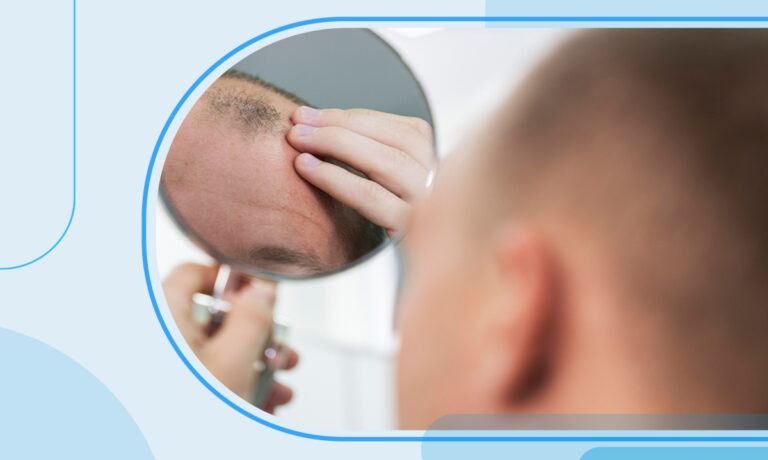FAQ : What You Should Know
- Burtom Hair Transplant Center
- Burtom Hair Transplant Center
- What You Should Know
FAQ : What You Should Know
Top 5 Things To Know About Hair Transplantation
Hair transplant surgery is more popular today than ever before. It is almost impossible to not hear or read something about hair transplantation in 2019 due to the massive increase in acceptance that the procedure has gained. But is hair transplant surgery as easy and simple as what many social media posts and articles will have you believe? It can be, but the one fact that cannot be overlooked is that hair transplantation is real surgery.
Like with any surgical procedure it makes sense to do your research so that you know your options, what the side effects may be, and if you’re a good candidate to begin with. The International Society of Hair Restoration Surgery (ISHRS) is the leading organization worldwide educating and advancing the state of the art hair transplantation and is an excellent resource for information.
What You Should Know
3. How many surgeries will I need?
This is question that oftentimes goes unasked as the patient will assume that one surgery is all they need for life, and that they can forget about their hair loss once their dream result grows in. Sadly, this is rarely the case. In reality, hair loss is a progressive issue. This means that once you start losing your hair, you will continue to lose your hair, at varying degrees, throughout your life. This is not referring to your transplanted hair but rather to the native hair that you haven’t lost yet.
There are medical therapies that one can consider but even then, there are no guarantees that your hair loss will completely stop. The probabilities will vary from patient to patient but the general rule of thumb is to always consider your hair transplant to be your first hair transplant and to not be too greedy with your hair restoration ambitions. Remember in tip #1, your donor hair is a finite resource, so conserving some of your donor hair for the future is always the best route to take.
4. Will you meet with the doctor before your procedure?
This is a question rarely asked but it is important to know if you’re going to speak with your doctor or with a consultant. Hair transplant consultants are an important part of any hair restoration practice but they should not be considered the final word when having a hair restoration consultation. Only a licensed physician should present medical advice, much less surgical recommendations.
Consultants should serve only as an educator about the hair transplant procedure you are considering only and are invaluable for answering basic questions that pertain to the specific center you are considering. The advantage to having a qualified physician present your surgical recommendations is that the physician has a chance to visualize your case personally and only through their experience and training can a legitimate surgical plan be formulated.
5. Will a doctor or a technician perform your hair transplant?
This is one of the most important questions you should ask. This question has more to do with FUE procedures and not FUT procedures as only physicians can physically remove a donor strip. With FUE, there has been an explosion of new centers worldwide due to the low financial and resource investment required to get started, and with this difference, more unscrupulous persons have seen the opportunity to cut corners.
What You Should Know
Frequently Asked Questions About Hair Transplantation: What You Should Know
Stem Cell Hair Transplant
Frequently Asked Questions About Hair Transplantation: Stem Cell Hair Transplantation
What You Should Know
Frequently Asked Questions About Hair Transplantation: Useful Information
Medical Tourism in Turkey
Frequently Asked Questions About Hair Transplantation: Frequently Asked Questions












